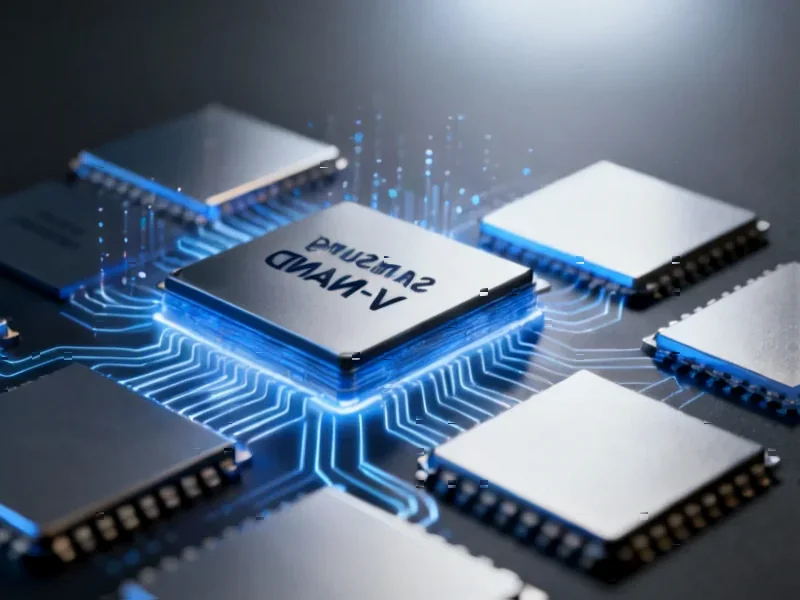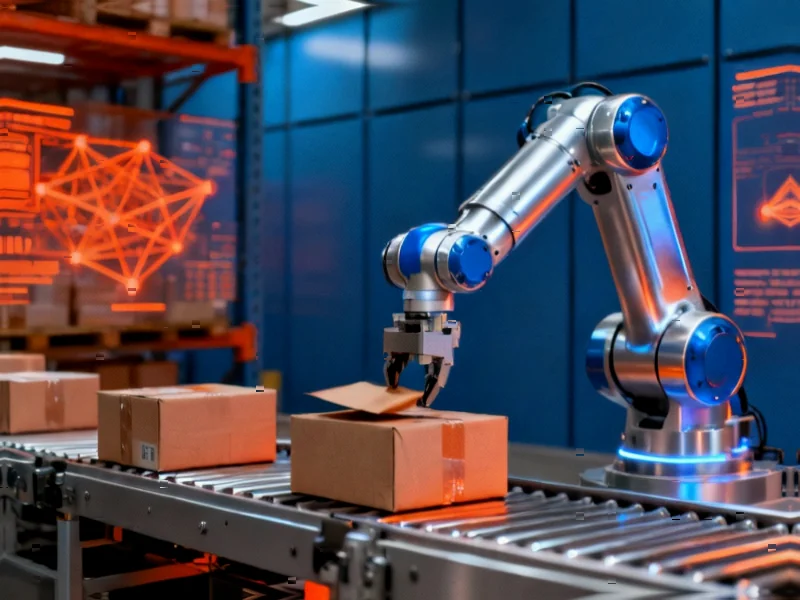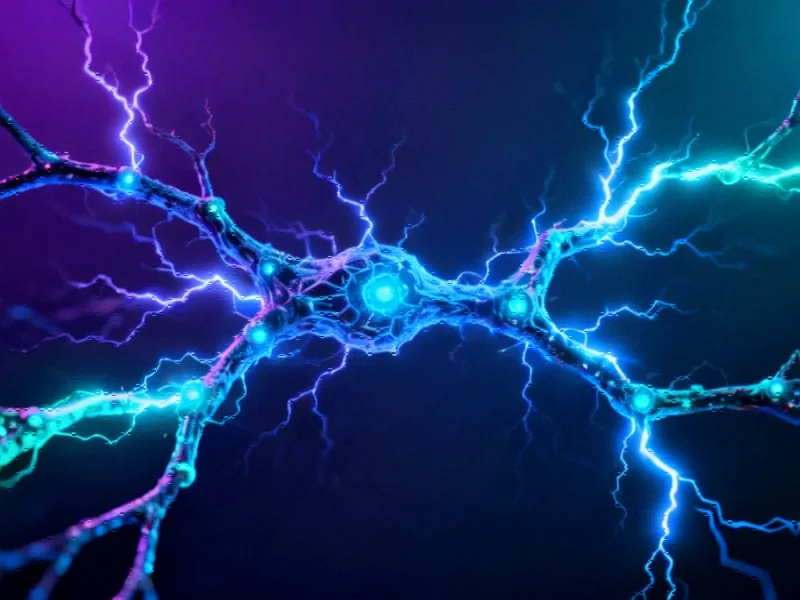Dual Foundry Strategy for Tesla’s AI Chip
In a significant move within the competitive semiconductor industry, Tesla CEO Elon Musk has reportedly engaged both Samsung Foundry and Taiwan Semiconductor Manufacturing Co. (TSMC) to manufacture Tesla’s next-generation AI5 chip. According to reports from a recent Tesla earnings call, this dual-foundry approach marks a strategic shift for the electric vehicle manufacturer’s semiconductor sourcing strategy.
Table of Contents
Manufacturing Locations and Strategic Importance
Sources indicate that the AI5 chip production will be split between Samsung’s new facility in Taylor, Texas and TSMC’s Arizona plant. This arrangement reportedly strengthens the U.S. semiconductor supply chain while ensuring production redundancy for Tesla’s critical autonomous driving components. The decision represents a notable endorsement for Samsung’s foundry business, which analysts suggest has been working to close the technology gap with market leader TSMC.
Performance and Design Innovations
The report states that Tesla engineers have optimized the AI5 chip design by removing legacy components, resulting in a chip that’s approximately half the size of competing full-reticle designs from companies like NVIDIA and AMD. According to Musk’s statements during the earnings call, this streamlined approach reportedly delivers the “best performance per dollar for AI” – potentially by a factor of 10 compared to alternatives. The AI5 chip is also said to offer up to 40 times greater performance than its predecessor, the AI4 chip, by certain metrics.
Strategic Implications for Samsung and TSMC
Industry analysts suggest this partnership provides crucial validation for Samsung’s foundry operations, particularly given Musk’s surprising endorsement of the South Korean company’s manufacturing capabilities. The Tesla CEO reportedly claimed that Samsung’s Texas facility features “slightly more advanced equipment” than TSMC’s Arizona site. This announcement, coupled with Samsung’s existing $16.5 billion contract for the subsequent AI6 processor, provides significant stability for the company’s foundry business.
Market Impact and Future Outlook
The shared production arrangement represents a strategic win for both semiconductor manufacturers while securing Tesla’s supply chain for its critical autonomous driving technology. For TSMC, the partnership maintains its position in a high-profile AI program despite sharing production with its competitor. According to industry observers, this move demonstrates Tesla’s sophisticated approach to semiconductor sourcing amid ongoing global chip supply challenges.
For additional context, readers may reference information about Tesla, Inc., TSMC, and Samsung from publicly available sources.
Related Articles You May Find Interesting
- Microsoft Reportedly Sets Aggressive 30% Profit Target for Xbox Division, Exceed
- Redcentric Divests Data Center Portfolio in £127 Million Deal with DWS-Backed St
- Breakthrough Recycling Method Transforms Plastic Waste Into Valuable Chemicals
- Lakestar Halts New Venture Fundraising, Shifts Focus to Existing Portfolio
- Advanced Machine Learning Models Revolutionize Sustainable Concrete Performance
References
- http://en.wikipedia.org/wiki/Tesla,_Inc.
- http://en.wikipedia.org/wiki/TSMC
- http://en.wikipedia.org/wiki/Samsung
- http://en.wikipedia.org/wiki/Elon_Musk
- http://en.wikipedia.org/wiki/Chief_executive_officer
This article aggregates information from publicly available sources. All trademarks and copyrights belong to their respective owners.
Note: Featured image is for illustrative purposes only and does not represent any specific product, service, or entity mentioned in this article.



